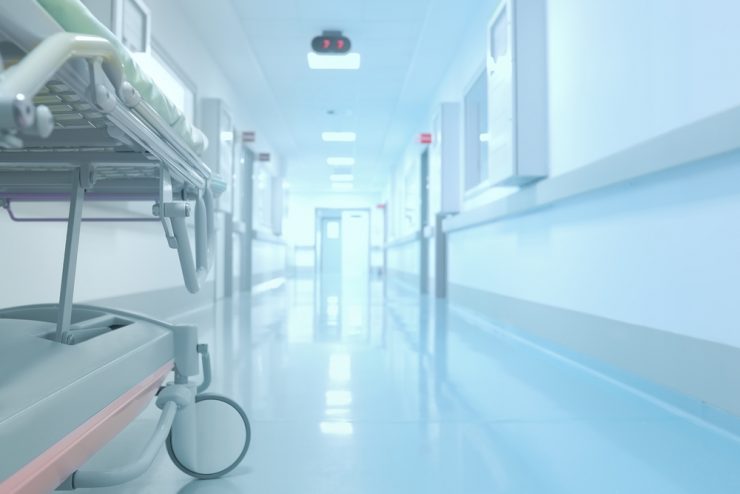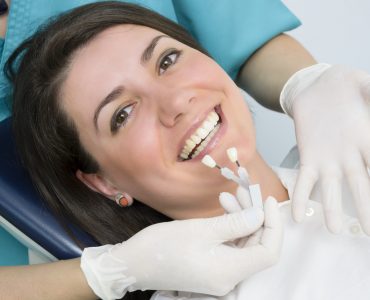The fifth disease is the viral infection affecting humans only. This is also called erythema infectiosum as well as slapped cheek syndrome. This condition is known by the name fifth disease because it constitutes the fifth popular disease affecting children with rashes. The virus that triggers this infection is the parvovirus B19.
Symptoms of this infection can range from mild fever, throat and headache to erythema infectiosum, where rash appears on the cheeks as if the person has got a slap.
The infection normally affects a person or a child only once in the life.
Symptoms
The symptoms normally appear only after the contagious incubation period which ranges between four to twenty days of time. The people will be contagious only during this period.
The symptoms that may appear in a person having fifth disease are those similar to influenza or flu, mild fever, runny nose, stuffy nose, sore throat, lethargy or weariness, nauseating or sensation of vomitting in children, pain in the abdomen in children, diarrhoea in children, pains and aches in joints in adults and very rarely, adults have cardiovascular or neurological problems.
The red coloured mark which appears on the cheek of the infected person may develop itchiness.
The rashes normally fade away within three weeks.
If a woman who is in her first twenty weeks of pregnancy develops this infection, then the baby may be born with extreme cases of anaemia or even congestive disease of the heart.
.
Causes
Fifth disease transfers among persons through saliva, air or being in close contact like though sneezing and coughing. That is why it is commonly found in children who attend nurseries or schools.
The baby develops the fifth disease from its infected pregnant mother through blood.
Even though cats and dogs are also infected by this virus, the infection will not be transferred to humans. Similarly, the pets will not develop the infection from their masters.
Treatment
No vaccine is available for slapped cheek syndrome. This is commonly found as a very mild infection from where the people recovery very fast. So the people who are infected with this condition do not require any particular treatment or drugs. The symptoms like headaches and fever can be soothed by using non-steroidal anti-inflammatory or analgesic drugs like ibuprofen or paracetamol which can be brought without the prescription of the doctor. One can use aspirin also but only in very mild doses.
Children who are below the age of sixteen are not advised to use aspirin. This is because using aspirin in children below sixteen years of age can cause the development of Reye’s syndrome, where the liver and the brain are affected.
The most commonly used analgesic is paracetamol which can be used by people of all the age groups. For young children one can use the suspension form of ibuprofen or paracetamol. But even excessive doses of paracetamol will affect the liver.
The joint pains associated with this condition can be soothed using anti-inflammatory drugs. Proper rest will also help to ease the pain.
Intake of fluids at an enhanced rate is advised in this condition.











